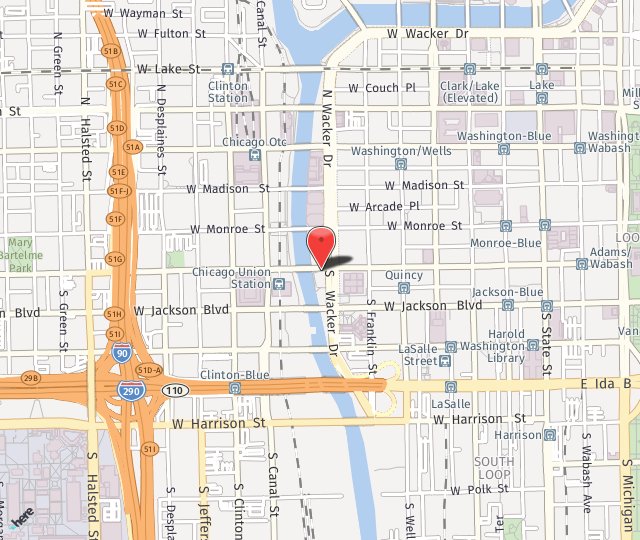Although nowadays there are regulations put in place protecting consumers against false advertising, that unfortunately doesn’t meant that false advertising doesn’t happen. Corporations are in the business of making money, and if they think that advertising a certain way is more likely to get consumers to purchase their product, they’ll do it.
False advertising is illegal, however, and if you are a victim of it, you have recourse. Our Chicago false advertising attorneys at Markoff Leinberger have years of experience representing both individual and class action claims against false advertising, and we will help you obtain the best possible result.
Common Types of False Advertising
Some of the most common types of false advertising schemes include:
- Bait and switch schemes: This occurs when something is advertised at one price, but that original price is not honored. Keep in mind that it’s not illegal for one price to be advertised but then the consumer is sold on a higher price – the company must not be able or willing to honor the original price in the first place.
- Deceptive Labeling: This is especially common in the food industry. Labeling something as healthy, low-sugar, or low-fat, for example, when this labeling is not consistent with the standardized definition for that term is illegal.
- False Promises: When a product is advertised as having qualities it does not have, or being able to do something that it in fact cannot do, this is considered false advertising and is illegal. If many people were deceived in the same way, a class action suit may potentially be brought against the manufacturer.
Examples of False Advertising
Some recent examples of companies being sued for false advertising include:
- Volkswagen advertising “clean diesel” but actually cheating on emissions tests.
- Activia yogurt claiming that its ingredients were “clinically and scientifically proven” to help boost the immune system and regulate digestion.
- Kellogg claiming that Rice Krispies cereal could improve a child’s immune system, and claiming that Mini Wheats cereal could improve a child’s attentiveness, memory, and focus.
- Lumos Labs, the makers of the Luminosity game app, claiming that playing Luminosity games could help prevent Alzheimer’s and improve performance in school.
What You Can Do About False Advertising
If you have been affected by false advertising or you know someone who has, you can take action. Contact Markoff Leinberger for a free case evaluation at 888-517-9115 today. It’s up to consumers like you to force corporations to take responsibility for their actions and help advertising become more honest.
Markoff Leinberger serves clients in Chicago, Illinois and across America.

